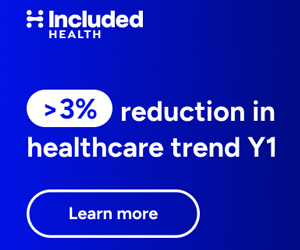
By KIM BELLARD
I didn’t write about ChatGPT when it was first introduced a month ago because, well, it seemed like everyone else was. I didn’t play with it to see what it could do. I didn’t want it to write any poems. I didn’t have any AP tests I wanted it to pass. And, for all you know, I’m not using it to write this. But when The New York Times reports that Google sees ChatGPT as a “Code Red” for its search business, that got my attention.
A few months ago I wrote about how Google saw TikTok as an existential threat to its business, estimating that 40% of young people used it for searches. It was a different kind of search, mind you, with video results instead of links, but that’s what made it scary – because it didn’t just incrementally improve “traditional” search, as Google had done to Lycos or Altavista, it potentially changed what “search” was.
TikTok may well still do that (although it is facing existential issues of its own), but ChatGPT could pose an even greater threat. Why get a bunch of search results that you still have to investigate when you could just ask ChatGPT to tell you exactly what you want to know?
Look, I like Google as much as anyone, but the prospect that its massive dominance of the search engine market could, in the near future, suddenly come to an end gives me hope for healthcare. If Google isn’t safe in search, no company is safe in any industry, healthcare included.
Continue reading…















